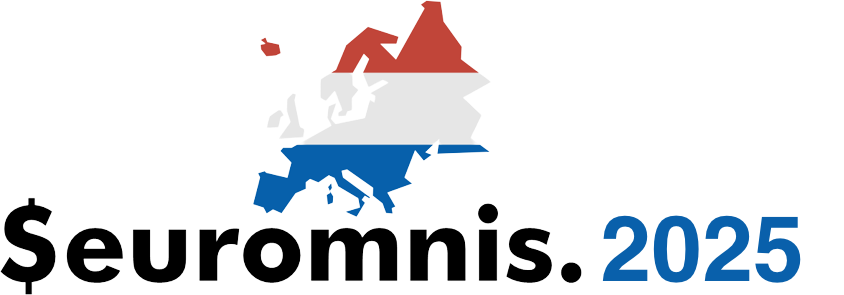4 days / 20 talks
Awesome and great speakers

Brian O’Sullivan
Brian lives in Delaware with is wife, three children, Bernese Mountain dog, and various guitars and keyboards. He is active in the local music scene and is known to sit in with the band at Omnis conferences.
Reports from the Front
Omnis Studio provides developers with powerful reporting capabilities. In this session we’ll explore several approaches to building reports, learning to work with the flow of the Omnis report process:
• Printing reports via 4GL commands and notation
• Creating adaptable reports with the Report Data Grid component
• Using $print methods in report sections and report fields
• Managing print destinations
• Archiving report images
• Super classes with reports
Getting a handle on Events and Tasks
At its most basic level, event-handling in Omnis Studio is quite simple. But sooner or later most developers encounter challenges working with more complicated GUI controls, or handling events in nested containers. Using an interactive workshop format, we’ll explore several approaches to working with:
• $event and $control methods
• Working with the event chain
• Drag-and-drop
• Grids and lists
• Trees and tabs
• Context menus
We will also explore tasks in detail, answering your questions about:
• current and active tasks
• using multiple tasks
• tasks and variable scope
• managing context switches

